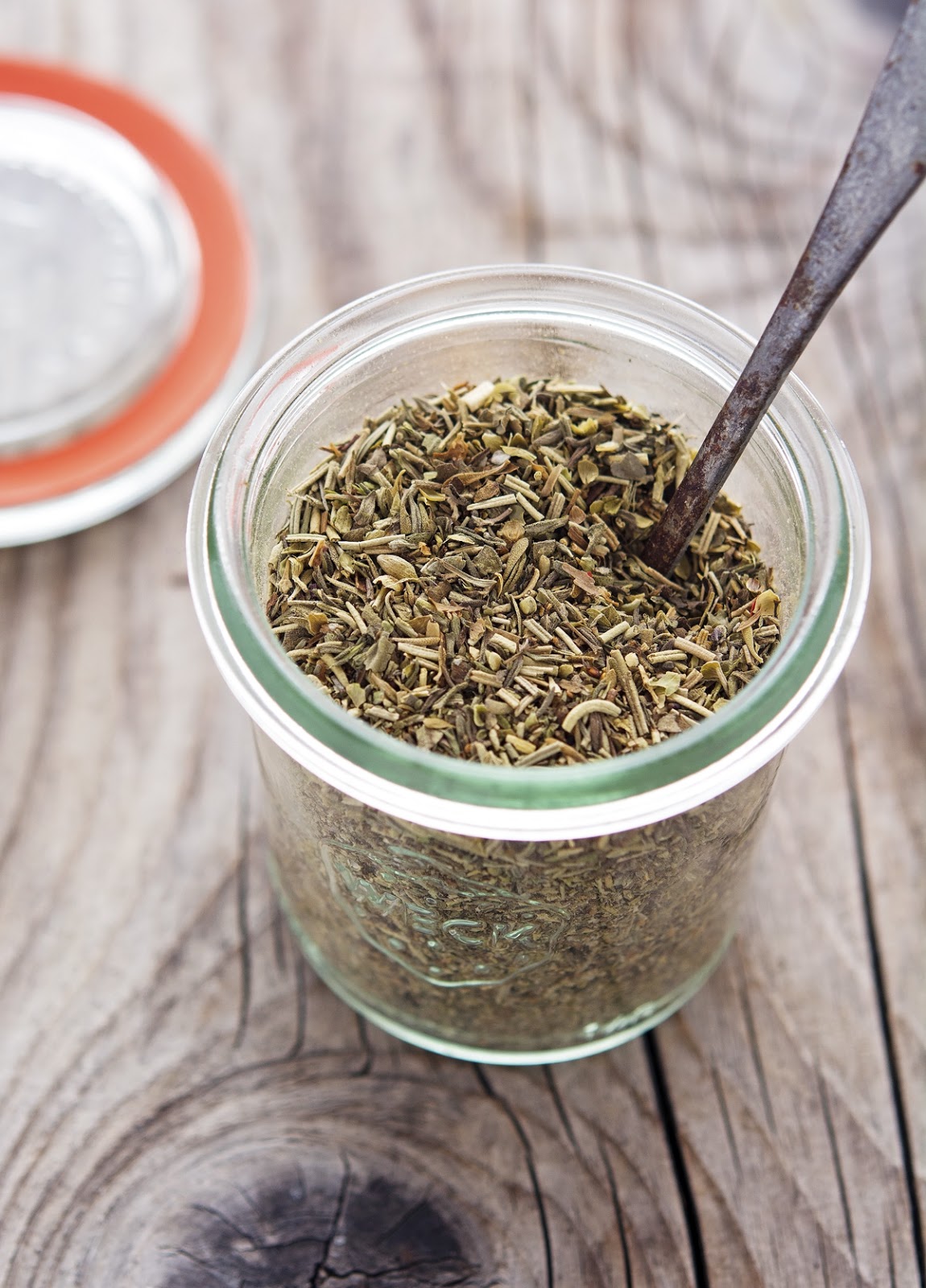Italian seasoning is a popular blend of dried herbs and spices that captures the essence of Italian cuisine. It is widely used in various dishes, from pasta sauces to roasted vegetables, making it a staple in many kitchens around the world. In this article, we will explore the components of Italian seasoning, its uses, health benefits, and how to create your own blend at home.
Understanding what is in Italian seasoning can enhance your culinary skills and enable you to infuse your dishes with authentic flavors. The combination of herbs and spices not only adds taste but also offers numerous health benefits. As we delve deeper into the topic, you will learn about the traditional ingredients, variations, and tips for using this versatile seasoning in your cooking.
Whether you are a seasoned chef or a beginner, knowing how to use Italian seasoning effectively can elevate your dishes to new heights. Join us as we take a closer look at what makes this seasoning so special and how you can incorporate it into your daily meals.
Table of Contents
- What is Italian Seasoning?
- Key Ingredients in Italian Seasoning
- Health Benefits of Italian Seasoning
- How to Use Italian Seasoning
- Making Your Own Italian Seasoning
- Popular Recipes Using Italian Seasoning
- Storage Tips for Italian Seasoning
- Conclusion
What is Italian Seasoning?
Italian seasoning is a dried herb blend commonly associated with Italian cooking. It typically consists of a mixture of herbs that are used to enhance the flavor of various dishes. This seasoning is known for its aromatic and flavorful profile, making it a favorite among home cooks and professional chefs alike.
Key Ingredients in Italian Seasoning
The composition of Italian seasoning may vary depending on the brand or homemade recipe. However, the most common ingredients include:
- Oregano
- Basil
- Thyme
- Marjoram
- Rosemary
- Sage
- Parsley
- Garlic powder (optional)
- Onion powder (optional)
Oregano
Oregano is one of the primary ingredients in Italian seasoning, contributing a robust flavor and aroma that is characteristic of Italian dishes.
Basil
Basil adds a sweet and slightly peppery taste, making it a perfect complement to tomato-based sauces.
Health Benefits of Italian Seasoning
In addition to enhancing the flavor of your meals, Italian seasoning can offer several health benefits:
- Rich in Antioxidants: Many of the herbs in Italian seasoning are high in antioxidants, which help combat free radicals in the body.
- Anti-Inflammatory Properties: Oregano and rosemary, in particular, have anti-inflammatory effects that may help reduce inflammation in the body.
- Digestive Health: Herbs like basil and thyme can aid digestion and promote gut health.
- Heart Health: The combination of herbs may contribute to cardiovascular health by supporting healthy blood circulation.
How to Use Italian Seasoning
Italian seasoning is incredibly versatile and can be used in various dishes. Here are some tips on how to incorporate it into your cooking:
- Add it to pasta sauces for enhanced flavor.
- Sprinkle it on roasted vegetables before cooking.
- Use it as a seasoning for meats, such as chicken or pork.
- Mix it into salad dressings for an Italian twist.
- Add it to soups and stews for depth of flavor.
Making Your Own Italian Seasoning
Creating your own Italian seasoning blend is easy and allows you to customize the ingredients to your taste. Here is a simple recipe:
- 2 tablespoons dried oregano
- 2 tablespoons dried basil
- 1 tablespoon dried thyme
- 1 tablespoon dried marjoram
- 1 tablespoon dried rosemary
- 1 tablespoon dried sage
- 1 tablespoon dried parsley
- 1 teaspoon garlic powder (optional)
- 1 teaspoon onion powder (optional)
Mix all the ingredients in a bowl and store them in an airtight container. Your homemade Italian seasoning will last for several months if stored in a cool, dark place.
Popular Recipes Using Italian Seasoning
Here are some popular recipes that highlight the use of Italian seasoning:
- Pasta Primavera: A colorful vegetable pasta dish that benefits from the herb blend.
- Italian Chicken Skewers: Marinated chicken pieces grilled with Italian seasoning for added flavor.
- Vegetable Ragu: A hearty sauce made with mixed vegetables and Italian herbs.
- Herb-Crusted Fish: Fish fillets coated with a mixture of Italian seasoning and breadcrumbs for a crispy finish.
Storage Tips for Italian Seasoning
To maintain the potency of your Italian seasoning, consider the following storage tips:
- Store in an airtight container to prevent moisture exposure.
- Keep in a cool, dark place away from direct sunlight.
- Label with the date of preparation to track freshness.
Conclusion
In conclusion, Italian seasoning is a fantastic way to add flavor and depth to a variety of dishes. Understanding what is in Italian seasoning not only enhances your cooking but also offers health benefits that can contribute to a balanced diet. Whether you choose to buy a premade blend or create your own at home, incorporating this seasoning into your meals can elevate your culinary experience.
We encourage you to experiment with Italian seasoning in your cooking and share your experiences in the comments below. If you found this article helpful, consider sharing it with friends or exploring other recipes on our site!
Thank you for reading, and we hope to see you back here for more delicious culinary insights!
You Might Also Like
Exploring The Intricacies And Benefits Of Butt Licking: A Comprehensive GuideUnderstanding The Role Of A Deputy Sheriff: A Comprehensive Guide
Unveiling The Benefits Of Grapefruit Juice: A Comprehensive Guide
Ways To Make Money Online: A Comprehensive Guide
King Nebuchadnezzar: The Mighty Ruler Of Babylon
Article Recommendations
- How To Make Raphael In Infinite Craft
- Digital Revolution_0.xml
- Three Cornered Hat Crossword Clue
- Girl Meets World Cast
- Hig Roberts
- Future Opportunities_0.xml
- Collision Repair Before And After
- Piper Parabo
- Mario Lopez
- Brand Building_0.xml


